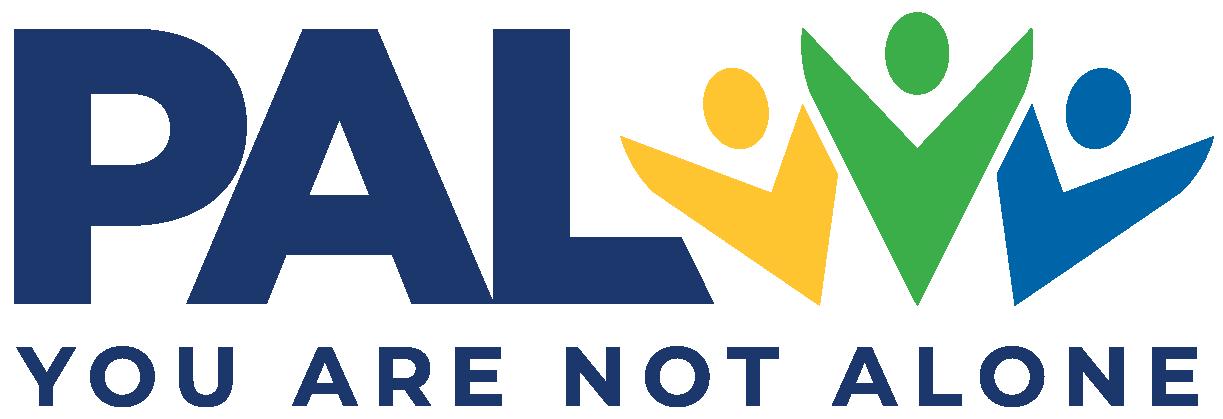
Have you ever become aware of an unpleasant part of yourself that you didn’t want to see? Becoming self-aware is a foundational principle and an inevitable part of the process of change. We must learn to step back and observe ourselves from a distance, so we can evaluate our actions and understand why we are stuck in the same behavioral patterns. One of those troublesome areas of behavior is The Excuse.
Making excuses, why do we do it? Psychologists will often reference this behavior as a protective mechanism. We use it to defend a part of ourselves that we don’t want exposed. Excuses can push people away and can sound like, “Don’t look here, look over there.”
This behavior could be something we have utilized our entire life without being aware that we do it. Early on in our life, we may have developed this to avoid stress or the consequences that come with our own poor choices or behaviors. We learn through reinforcement that if we excuse something, the stressor goes away…temporarily. An excuse can provide enough relief in the moment so that we don’t have to deal with an emotion, a hard truth or someone telling us to change how we see our situation. A more popular term that we have all heard, is “playing the victim or the martyr.” We always have a legitimate REASON for why we cannot change our behavior or our stance in a situation.
Making excuses or playing the victim is often seen as manipulative behavior. We can pretend (by making excuses) to be a victim of our circumstances to gain sympathy, deflection, or advantage. Here are some of the most common examples of the why behind making excuses.
- Our attempt to maintain control in a situation.
- Ignore our own part in the situation.
- Manipulate situations to make ourselves look like the wronged party.
- Refuse to take responsibility for our own actions.
- Stay in misery for a long time.
- Try to elicit pity.
- Constantly defend ourselves.
Fast forward to our loved one who struggles with addiction. We can easily slip into a familiar habit learned from an earlier time. We have learned to withhold information, to manipulate information to our advantage, to provide a “little white lie,” to create a narrative around a situation that defends or protects a situation. I call it Sick Safety. We somewhat know that our situation is “Sick” or unhealthy, but it gives us a false sense of Safety. There is a part of us that knows what we are doing is probably detrimental to our loved one, but we find a familiarity in the action of making an excuse. Therefore, we manipulate the situation by making an excuse to pull us back into the familiar pattern.
Families often are angered at these concepts, especially when experts tell us that our excuse-making tells them that we don’t want our loved one to get better. We are being challenged to get out of sick safety and we don’t like that.
The next time you are covering for them or making excuses, ask yourself why you are doing that. What relief does this provide you in exchange for covering for behaviors that you know are destructive and unhealthy?
When worried about the consequences of a loved one’s actions, it’s only natural to want to help them out by protecting them from those consequences. It’s tempting to make excuses for your loved one to other family members or friends when you worry other people will judge them harshly or negatively. But this won’t help your loved one change, and your actions can give your loved one the message that there’s nothing wrong with their behavior — that you’ll keep covering for them.
Stay strong,
Brenda
Brenda Cochran, LCSW is in full-time private practice, launching Zoe Integrated Health concentrating on a whole-person trauma-focused perspective.
